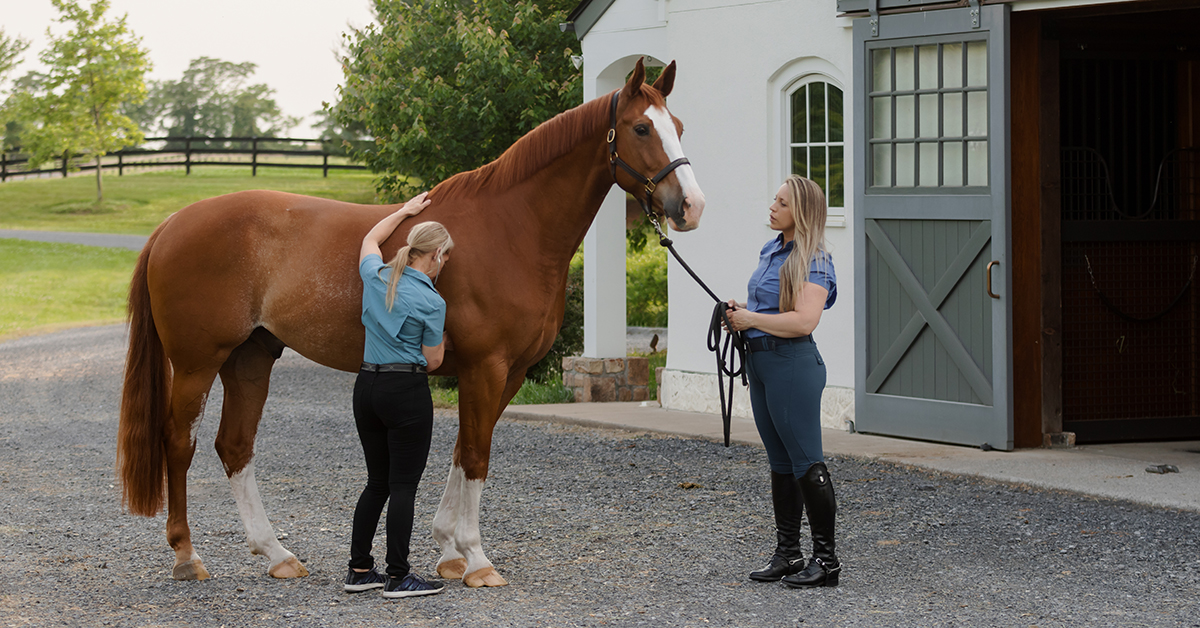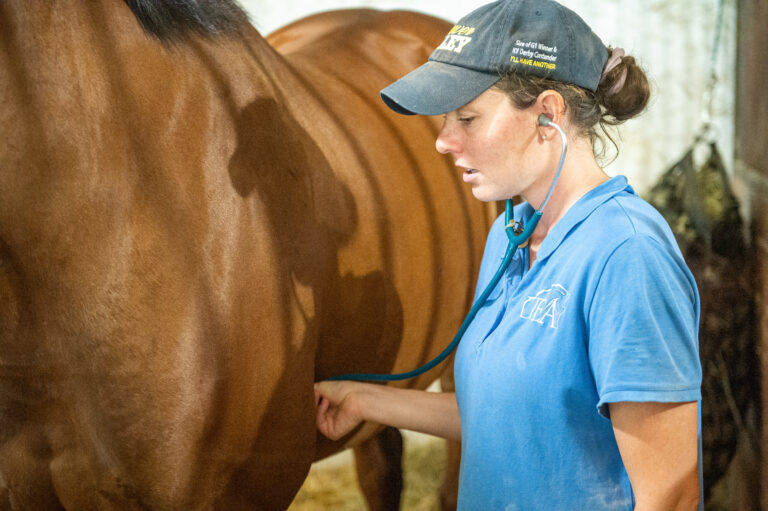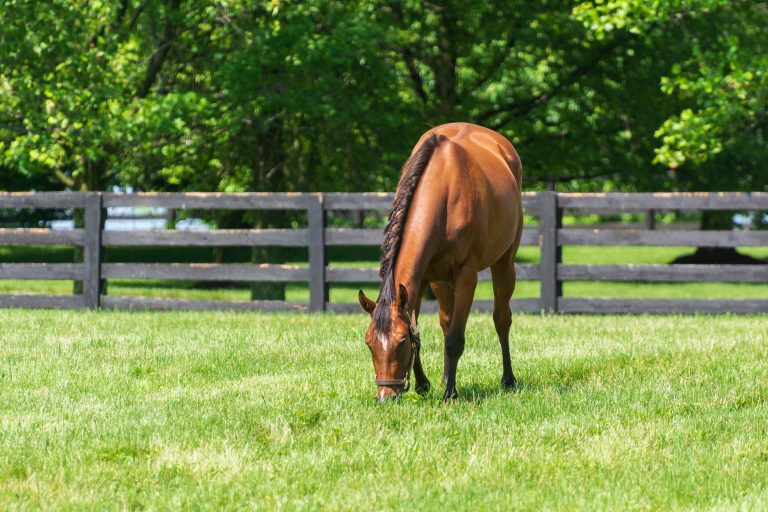As horses age, their needs change, and one aspect that requires special attention is hoof care for senior horses. These majestic animals, cherished by equestrian enthusiasts, need diligent care to maintain their health and well-being. Understanding the specific needs of senior horses, particularly their hooves, is essential for any horse owner or caretaker. This ensures not only the horse’s comfort but also its overall vitality. Let’s delve into this topic to explore practical tips and insights on maintaining healthy hooves for aging equines.

Understanding the Aging Hoof
The hooves of a horse are akin to the foundation of a building; they must be strong and well-maintained to support the entire structure. As horses get older, their hooves undergo changes due to various factors such as wear and tear, decreased circulation, and nutritional needs. It’s crucial to recognize these changes and adapt your care routine accordingly.
Changes in Hoof Structure
With age, a horse’s hooves may become brittle, and the growth rate can slow down. This can lead to issues such as cracks or splits. Regular monitoring and proper trimming are vital to prevent these problems from escalating.
Decreased Circulation
Aging horses often experience reduced circulation in their hooves, which can affect their ability to heal from injuries or infections. Regular exercise and proper hoof care practices can help improve blood flow and maintain hoof health.
Essential Hoof Care Practices
Providing the right care is imperative to ensure the longevity and quality of life for senior horses. Here are some essential practices:
Regular Trimming
One of the most important aspects of hoof care for senior horses is regular trimming. Keeping the hooves properly trimmed helps prevent overgrowth, which can lead to joint stress and lameness. It’s recommended to have a professional farrier assess and trim the hooves every six to eight weeks.
Proper Nutrition
Nutrition plays a significant role in maintaining healthy hooves. Senior horses may require specific supplements to support hoof health. Consider exploring supplements for aging horses to ensure they receive the necessary nutrients.
Importance of Regular Check-ups
Regular veterinary check-ups are crucial for monitoring the overall health of senior horses, including their hooves. Early detection of potential issues can prevent more severe problems down the line.
Signs of Hoof Problems
Recognizing signs of hoof problems is essential for timely intervention. Look out for symptoms such as limping, uneven wear, or an unusual odor. If you notice any of these signs, consult a veterinarian or farrier immediately.
Common Hoof Issues in Senior Horses
Senior horses are susceptible to specific hoof issues, including:
Laminitis
Laminitis is a painful condition that affects the tissues bonding the hoof wall to the pedal bone. It’s crucial to manage the horse’s diet and weight to prevent this condition.
Thrush
Thrush is a bacterial infection that affects the hoof, often caused by unsanitary conditions. Regular cleaning and proper stall maintenance can prevent this issue.
Creating a Comfortable Environment
Ensuring that senior horses have a comfortable living environment is vital for their hoof health and overall well-being.
Appropriate Bedding
Choose soft and absorbent bedding materials to provide comfort and prevent hoof issues. Regular cleaning of the stall is also essential.
Exercise and Mobility
Encourage regular, gentle exercise to maintain mobility and promote healthy blood circulation in the hooves.
Consulting Professionals
Engage with professionals such as veterinarians and farriers who specialize in senior horse care. Their expertise can guide you in making informed decisions for your horse’s health.
Conclusion
Hoof care for senior horses is a crucial aspect of their overall health management. By understanding the changes that occur with age and implementing effective care practices, horse owners can ensure the vitality and comfort of their senior equine companions. With proper attention, senior horses can continue to lead happy and healthy lives in their golden years.

FAQ Section
How often should senior horse hooves be trimmed?
Senior horse hooves should be trimmed every six to eight weeks, depending on their growth rate and condition.
What are common signs of hoof problems in senior horses?
Common signs include limping, uneven wear, or an unusual odor coming from the hooves.
Can diet affect hoof health in senior horses?
Yes, diet significantly impacts hoof health. Providing the right nutrients and supplements can support strong and healthy hooves.
For more information on caring for senior horses, visit PetMD.
This article contains affiliate links. We may earn a commission at no extra cost to you.
